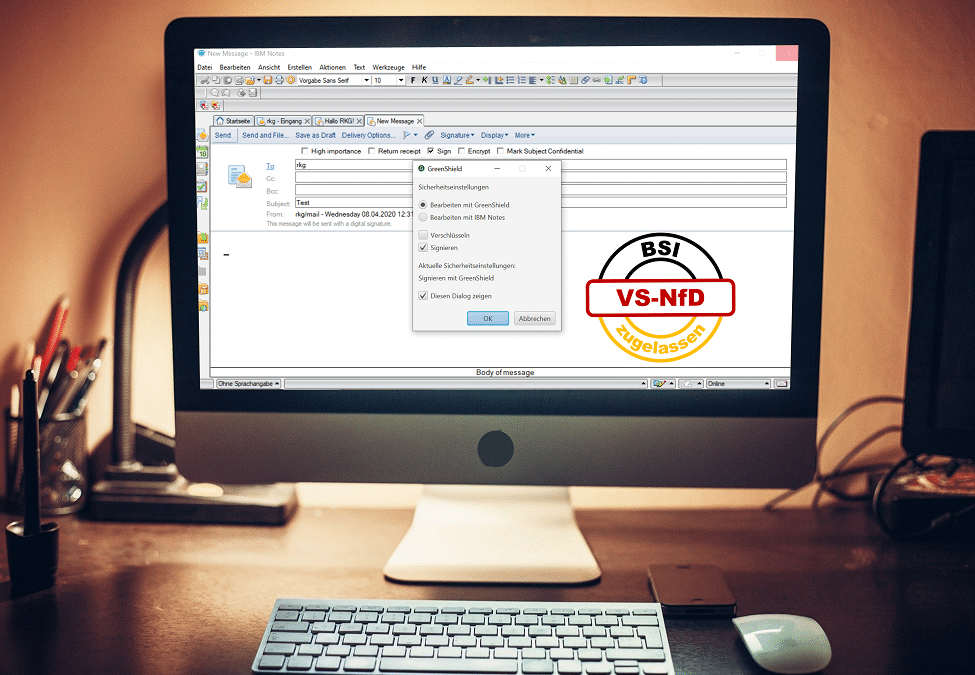Do you know lattice-based cryptographic methods? Or multivariate signatures? If not, then you should look into them,...


Do you know lattice-based cryptographic methods? Or multivariate signatures? If not, then you should look into them,...

Paris, France and Munich, Germany – April 20, 2021 – Atos today announced that it has signed an agreement to acquire...

Handling VS-NfD classified information becomes much more convenient if you can encrypt it as a file or send it...
ePasslet Suite v3 – cryptovision’s Java card framework for electronic ID documents – will be available in 2020 on...
The EuropeanCyberSecurityMonth is in full swing. Again this year, in October, numerous companies and associations from...
cryptovision is a strong team. This applies not only to the company’s business fields, electronic identities and...
Good news for German authorities and companies in the field of VS: You can now use the GreenShield software to encrypt...
Have you checked to see if your password is one of the 21 million currently offered for sale on an illegal website...
cryptovision CEO Markus Hoffmeister is not surprised about the recent data thefts German politicians and other...
Shortly before the end of the year, cryptovision once again sets a medial exclamation mark. In the latest issue of the...
cryptovision's Klaus Schmeh has an another notable media appearance. In a YouTube video introducing ten unsolved...
High above the roofs of Cannes, France, three employees of cryptovision gave interviews on the topic of electronic...